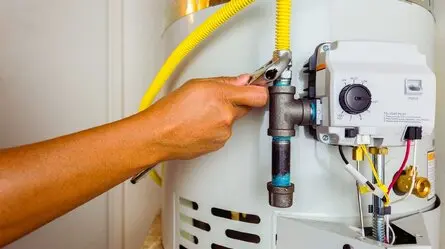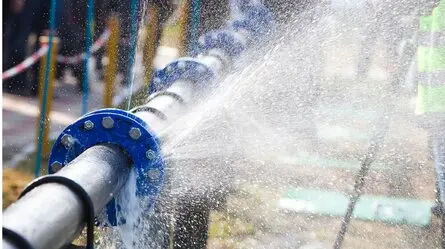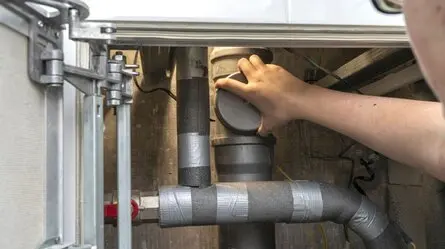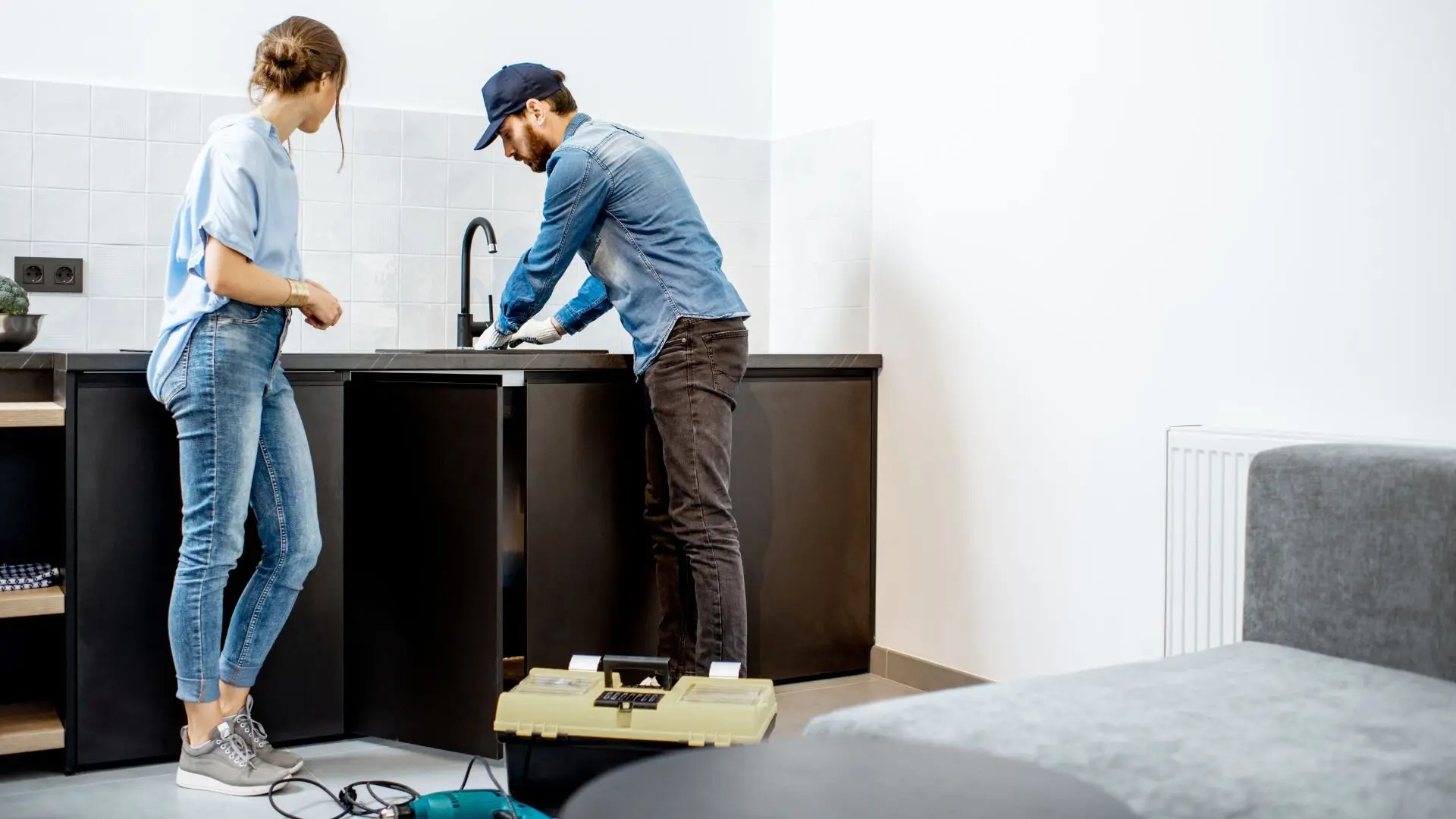
Leaking pipes can cause significant headaches in any home, but they are especially problematic in kitchens, leading to water damage, mould growth, and costly repairs. A leaking drain pipe under the kitchen sink or small leaks in the plumbing system connections to the kitchen faucet, sink strainer, or PVC pipes can quickly turn into a big mess if left unaddressed. Thankfully, there are several ways homeowners can help prevent and stop leaking pipe disasters in the kitchen and avoid the hassles of water leaks, damage, and emergency plumbing calls.
In this guide, you’ll find handy tips on checking for leaks, tackling repairs, replacing old pipes, and using reliable fittings. Plus, you’ll learn when it’s best to call in a professional plumber to keep your Perth kitchen leak-free. We’ll show you how to maintain your kitchen’s plumbing systems to avoid headaches. Follow these steps to stop worrying about leaks and other plumbing hiccups.
Regularly Inspect Under the Sink for Leaks
One of the best ways to prevent leaking pipes and plumbing leaks in your kitchen is to inspect under the sink regularly. Set a reminder to visually inspect all the pipe connections, joints, valves, supply lines, and the sink strainer once a month.
Take the time to go over the whole length of your PVC drain pipes and water supply lines, looking out for signs of trouble like corrosion, cracks, drips, or damp patches. Joints are particularly sneaky culprits when it comes to leaks, so inspect them closely. Areas that see a lot of movement or vibration can loosen fittings over time, so keep an eye on those as well.
Look for water spots, mineral deposits, rust, green buildup, or warped areas. Even if no water is dripping, these can indicate small leaks. Catching plumbing leaks early allows you to make minor repairs before major pipe failures occur.
While inspecting, check pipe insulation for any wet spots or damage, compromising its ability to prevent condensation and future leaks. Well-maintained insulation helps extend the life of pipes.
Inspections under the kitchen sink pipe should be part of your home maintenance routine. A little time spent looking for potential pipe leaks now can prevent dealing with the headaches of water damage, mould growth, and emergency plumbing repairs down the road.
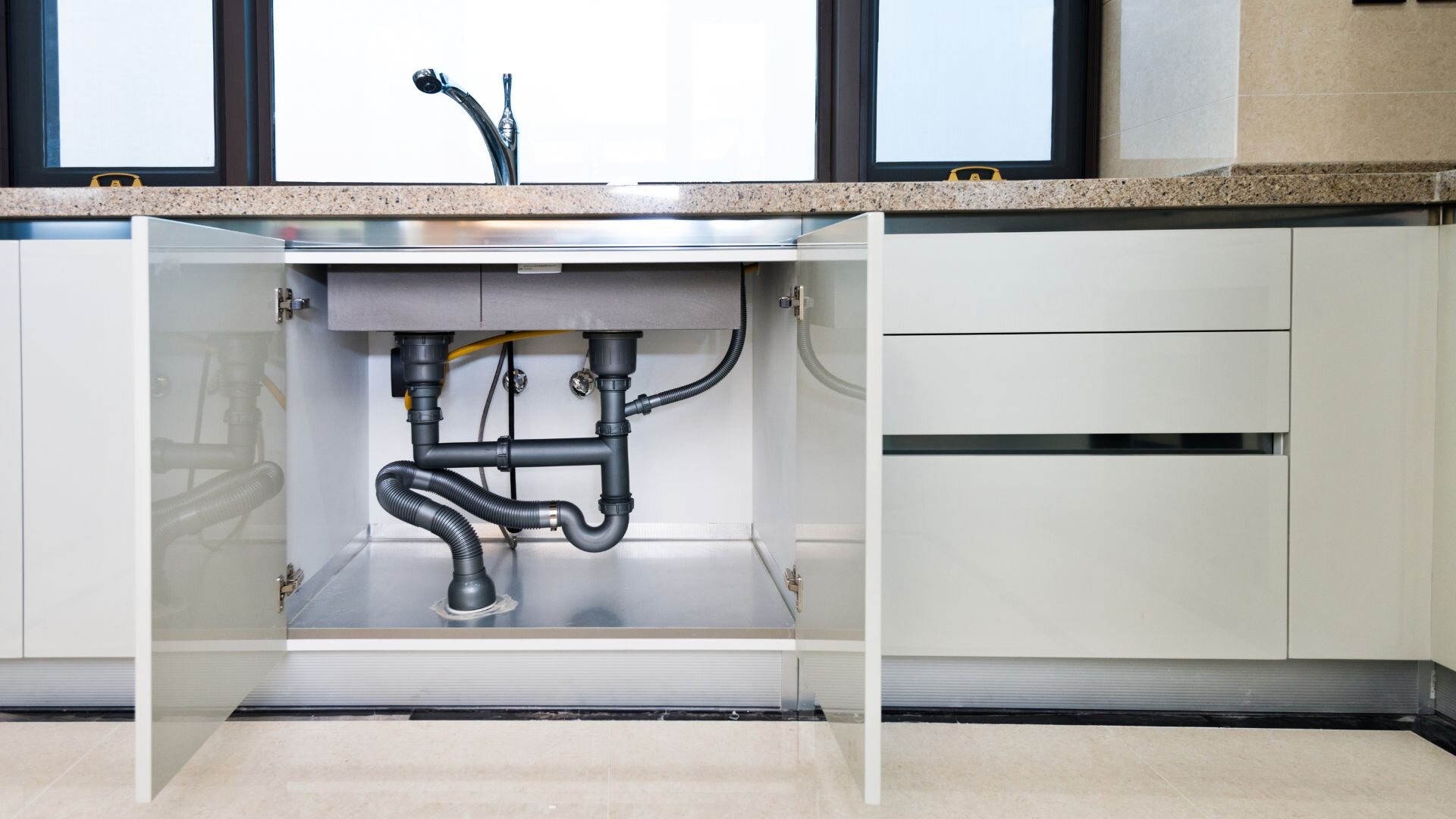
Make Any Necessary Repairs Immediately
When your regular check-ups reveal leaks, don’t put off repairs. Even tiny drips from taps, loose joint fittings, or small cracks in pipes can turn into major headaches if ignored. Tackle repairs immediately to prevent bigger issues down the track.
For minor leaks like a dripping faucet, try tightening the nuts or replacing the worn washers or O-rings. For loose joints, tighten slip couplings, compression fittings, and clamps. Pipes with small cracks can sometimes be patched with epoxy putty if replacing the entire pipe isn’t feasible.
Don’t just cover up leaks with rags or buckets - this allows water to continue seeping and can lead to rot, mould, and corroded pipes. Properly repairing leaking pipe connections as you notice them helps stop leaks in their tracks.
If a section of pipe needs replacement or you’re unsure how to fix a persistent plumbing leak, don’t hesitate to call a professional plumber. They have the tools and expertise to diagnose issues properly and prevent leaking pipes from causing further damage under your kitchen sink.
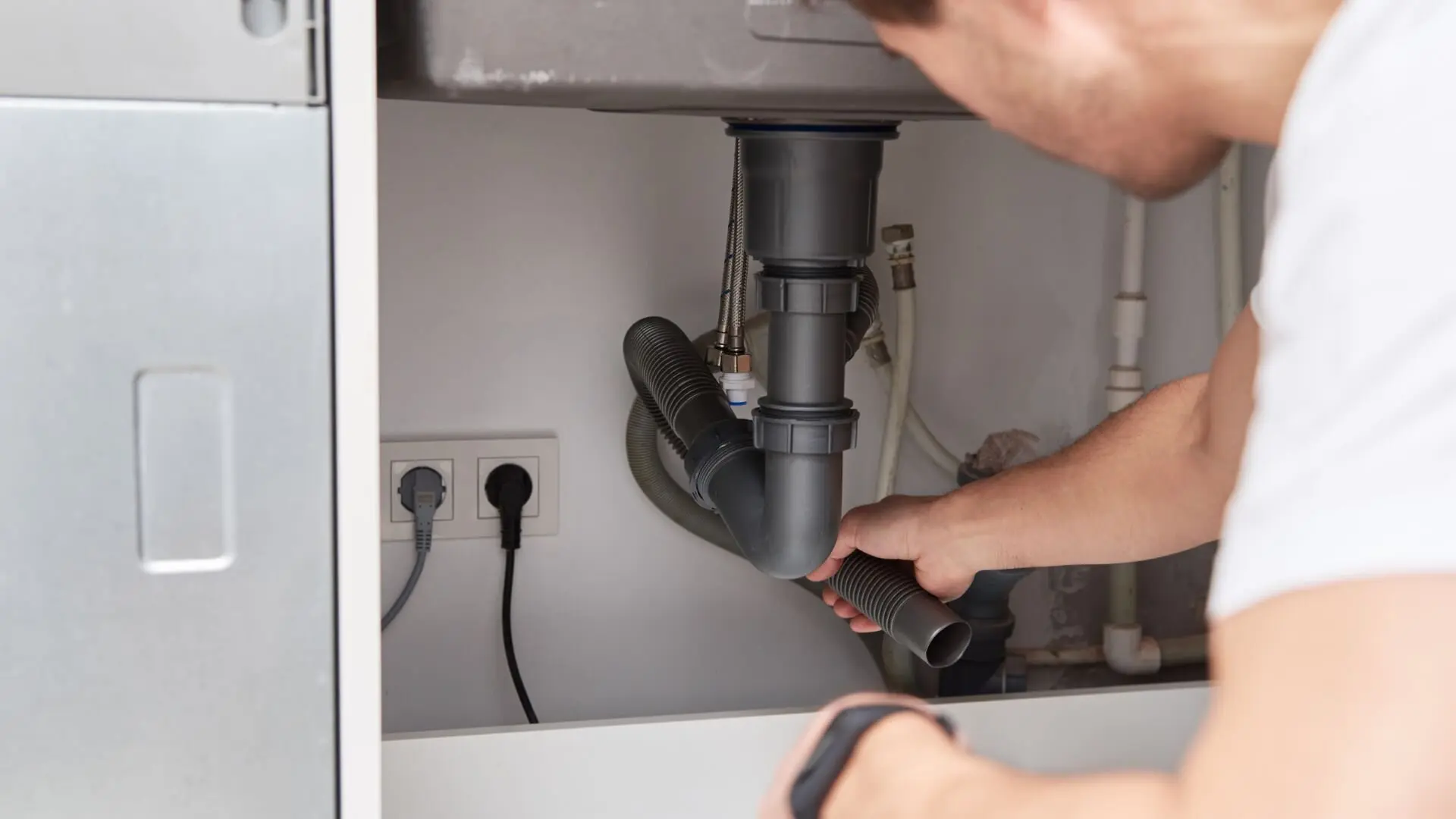
You can keep your kitchen’s plumbing system working correctly for years by staying vigilant and making repairs as soon as leaks occur. A little proactive maintenance goes a long way towards preventing major pipe failures down the road.
Consider Replacing Old or Corroded Pipes
If your kitchen has older galvanised steel or iron pipes, extensive corrosion or scale build-up inside the pipes can lead to pinhole leaks and cause pipes to fail over time. Old drain pipes may
also have cracks or loose joints that can start leaking. In these cases, replacing the worn pipes with new ones can prevent future leaks. Copper, PEX, and CPVC are good options when replacing old pipes, as they are more resistant to corrosion and punctures. Insulate pipes to prevent condensation from leading to future leaks.
Replacing deteriorated sink drain assemblies with new slip-joint or threaded connections can prevent water from leaking around the sink strainer. Use a pipe joint compound on all drain hole connections to ensure a watertight seal.
While replacing pipes and supply lines takes more work than just patching a leak, it provides long-term prevention against leaks in that area. Newer plastic pipes are also quieter and often easier for do-it-yourselfers to install than metal pipes.
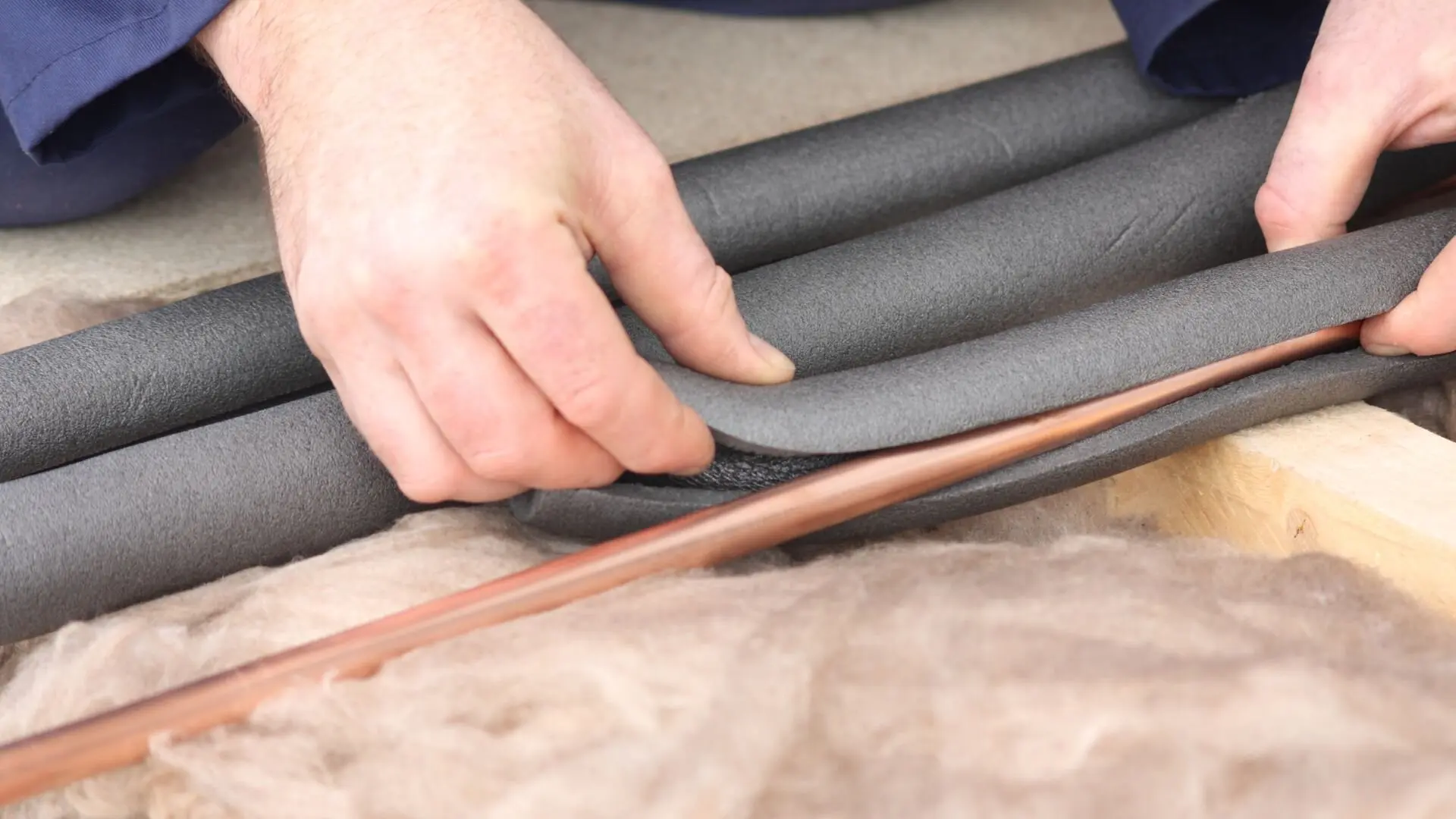
If the job involves modifying drain or vent piping, working in tight spaces, or tying into existing plumbing systems, it’s best to call a professional plumber. They can ensure the new pipes are sized and installed correctly to properly handle the water pressure and drainage volume.
Replacing worn pipes and outdated kitchen plumbing before leaks occur helps avoid water damage, mould problems, and emergency calls for leaky sinks and broken pipes down the road.
Use High-Quality Fittings and Connections
The fittings and connections joining the various pipes and supply lines under your kitchen sink see a lot of use and wear. Properly installing them and investing in solid, leak-proof hardware is key to preventing leaks.
Whenever you replace or install new shut-off valves, supply tubes, slip joints, PVC connections, or drain components, make sure to use durable and appropriately sized fittings. Check that all gaskets and washers are in place to seal joints. Follow instructions to ensure pieces are aligned and tightened properly.
Applying plumber’s tape or pipe thread sealant to threaded connections provides added insurance against leaks. To avoid unwinding, only wrap the tape in the direction of the threads. Too much tape can cause pipes to crack under pressure.
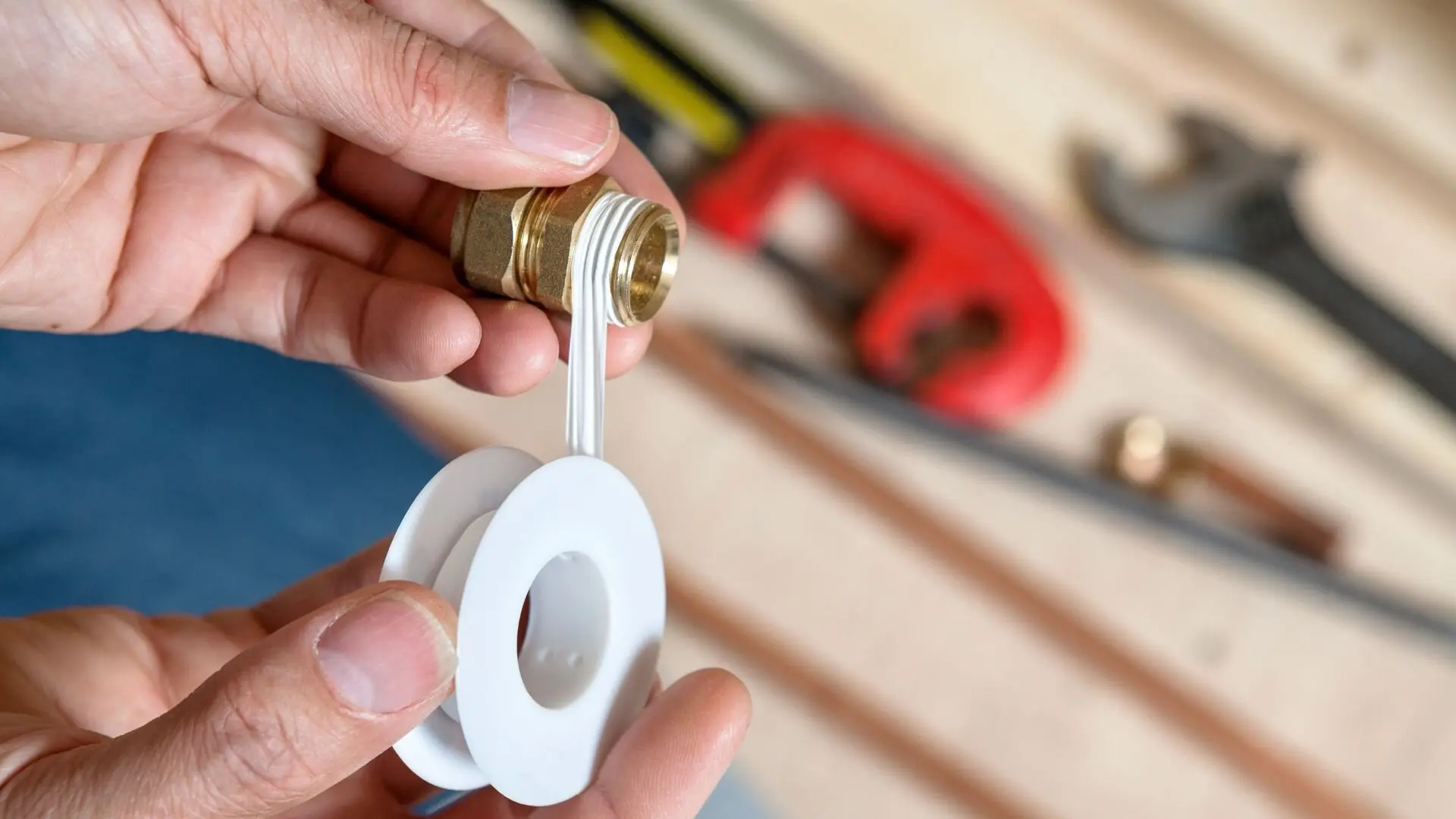
Position pipes and connections so joints are not stressed or strained. Use hangers and strapping to take weight off fittings. Proper alignment prevents strains that can loosen joints and cause leaks over time.
Quality brass, stainless steel, or plastic fittings last longer than cheaper options. Their improved durability means fewer opportunities for cracks and leaks to develop. Spending a little more upfront saves time and money down the road.
Taking extra care to install sturdy, leak-proof fittings and joining pipes correctly without undue strain will help prevent water from sneaking by connections and causing damage. Call a professional plumber if you need assistance selecting the proper hardware or completing installations.
Contact the Experts for Assistance
While DIY maintenance and repairs can prevent plumbing leaks, there are situations when it’s best to call in a professional plumber to address ongoing leaks or pipe problems properly.
The licensed experts at Woolf Plumbing & Gas have the experience, training, tools, and inventory to accurately diagnose issues and implement the right solutions. They can detect the source of stubborn leaks, replace corroded pipes in tight spaces, install new supply lines and drainage components, and ensure everything is aligned and connected correctly.
Ignoring a leaky pipe or a persistently dripping sink can cause mould growth, ruin cabinets, damage floors and walls, and even lead to ceiling collapses from water saturation. Woolf’s team is here to stop these minor issues from becoming costly disasters.
Contact the knowledgeable staff and professional plumbers at Woolf Plumbing & Gas for kitchen plumbing inspections, repairs, or replacements. Their preventative maintenance services and rapid response for plumbto leaks help homeowners avoid the hassles of water damage, underlying problems and costly repairs.


